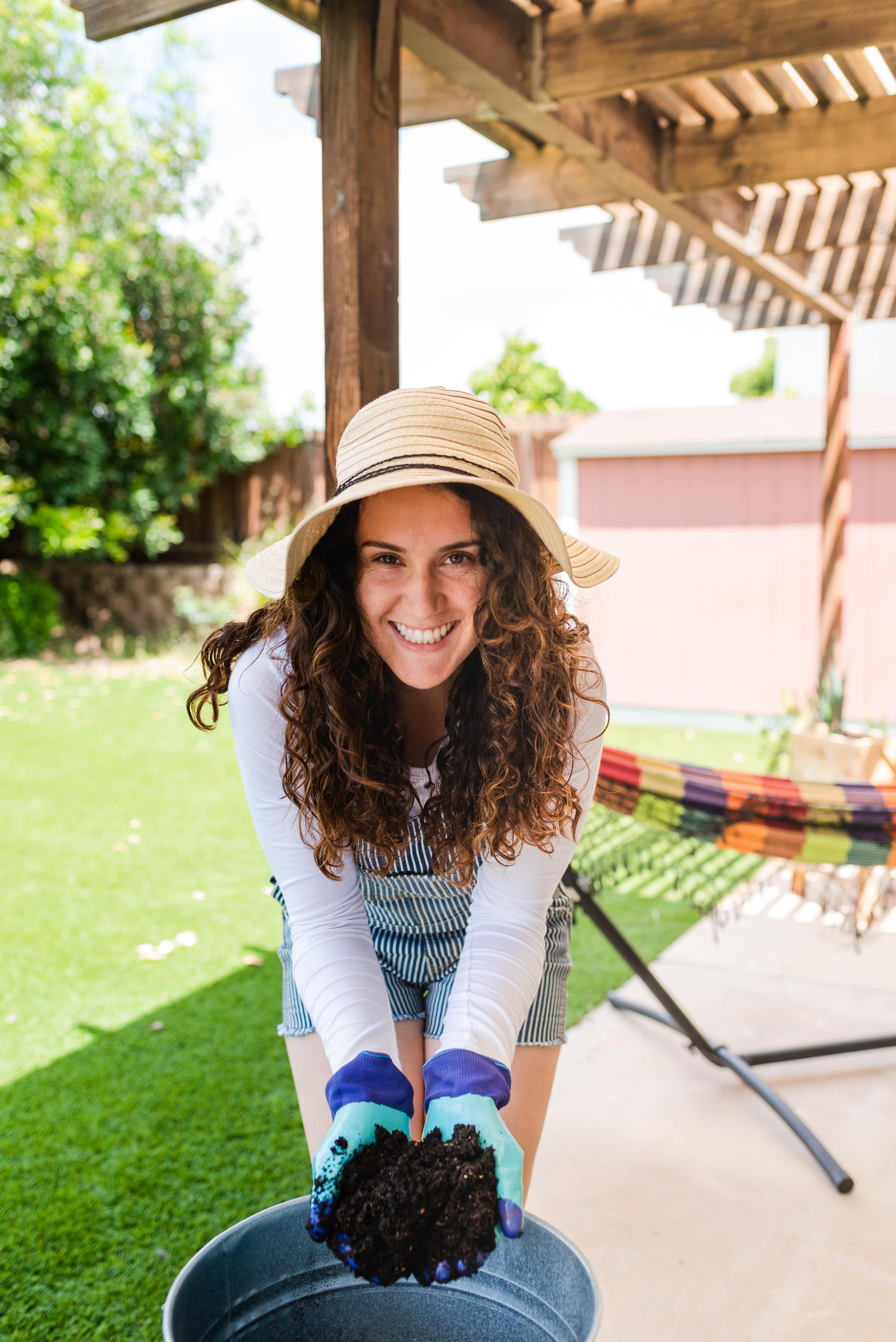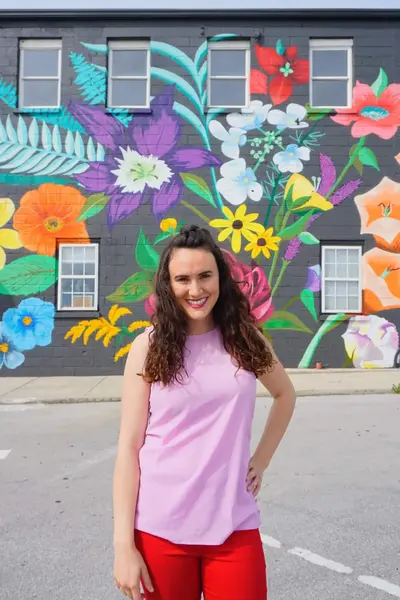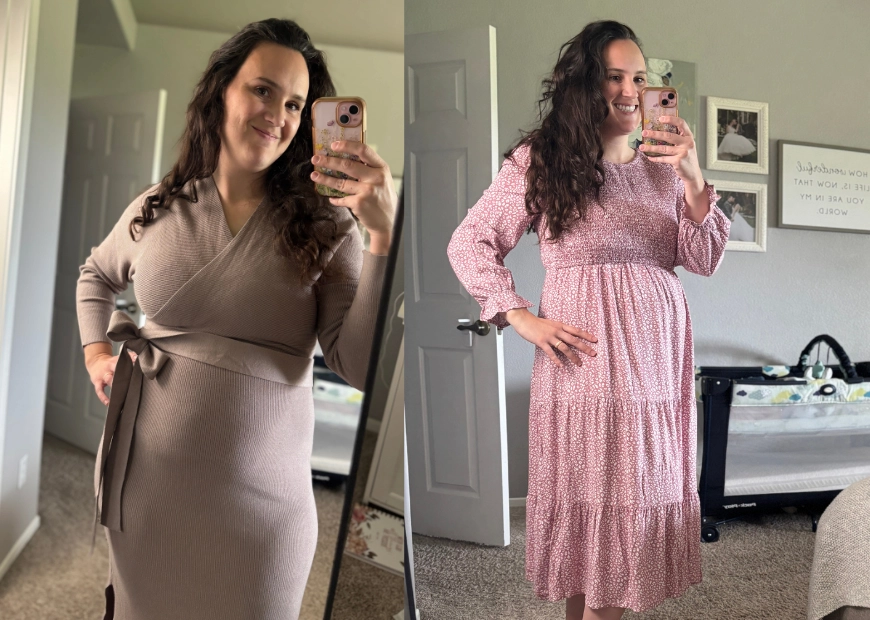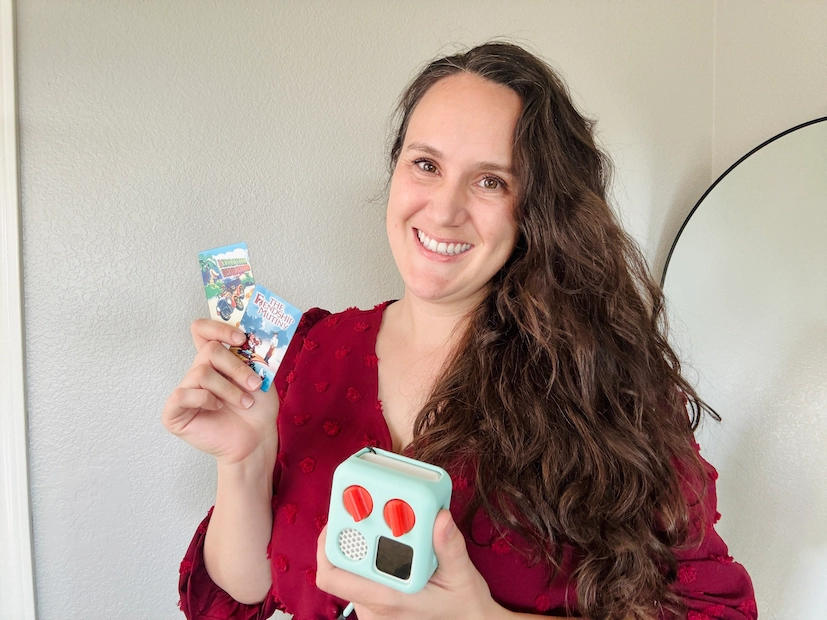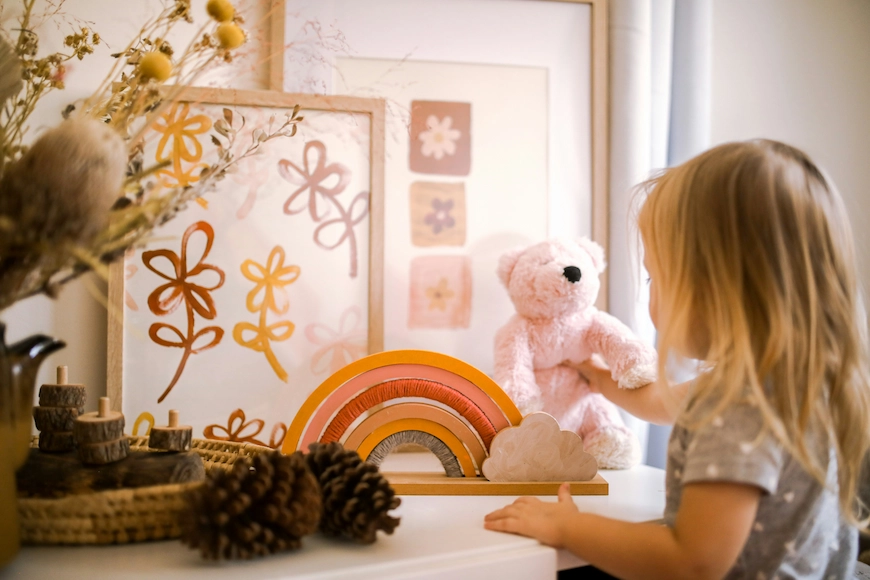Composting with kitchen scraps Hi there! Today’s article is all about composting and how easy it is and beneficial it is for your plants and garden!
My affinity for gardening and plant care has been somewhat of a recent one. As a kid, I loved the idea of growing plants and flowers but I never was quite successful with it.
Growing up in southern California, our backyard had red clay soil and high temperatures in the 90s-100s in the summertime.
According to the San Diego County Water Authority’s annual rainfall data, in the past 55 years, San Diego has averaged 10 inches of rain annually. How San Diegans can keep outdoor plants alive is truly a miracle lol.
As a young girl, I tried to plant flower seeds, carrots, corn, avocados, beans, etc. They were never successful.☹️ My mom and I also tried to plant flowers in our flower box, but sadly the flowers died (they were getting too much direct sunlight).
Sadly, I summed it up to me not having a green thumb. 👎
Years later, I noticed one of my neighbors a few streets away had an incredible array of plants in his yard, and I would see him caring for them all the time.
I thought to myself, I need to ask him someday for tips. I never got around to asking him, but around 2015, I decided to research drought-resistant plants aka SUCCULENTS!
These obviously are low maintenance and have done extremely well. They are large and thriving at my parents’ house today.
In 2017, my friend Elle and I became roommates and lived in a cute two-bedroom apartment. She got an indoor palm tree and I got a peace lily. Both did well until my peace lily died because I left it out on the sunny porch when I went to Hawaii.
That was my last attempt at trying to keep live plants… Until…
Last year, a few months before our wedding, I went to my friend Michelle’s house, and her sister Kathy had beautiful house plants. I was inspired and wanted to have a home with lots of plants.
I became enthralled with plants and bought a plethora of them: air plants, succulents, peace lily, pothos, philodendron, evergreen plants, monstera deliciosa, and more! All these plants are low maintenance and don’t need much light.
The plants that died off on me were my polka dot plant, my coffee plant I bought from Hawaii(I initially placed them in the kitchen window which got too much direct light. My maiden’s hair plant is on its last leg-hoping it will make a comeback.
Despite those plants dying, I have regained my green thumb confidence and have a better grasp of plant care.
In December 2019, I bought red wiggler worms from Uncle Jim’s Worm Farm. It’s amazing, they send 250 worms in the mail (or more depending on what amount you purchase). They arrive pretty quickly in peat moss and are ready to dump in your compost bin or garden.
My worms were thriving up until after Easter. A few days ago I discovered a pool of water in the bin that had been sitting there, drowning my beloved worms. 😫
I realized I was putting way too much wet material and not enough dry material to balance the moisture levels in my bin.
Red wiggler worms are made up of approximately 75-90% water. I didn’t find many dead worm bodies because they decompose so fast with the amount of water in their bodies. Which I am glad I didn’t see…live worms are kinda gross as it is!
Here are my tried and true lessons about vermicomposting.
Do’s and Don’ts I Learned About Composting:
- Do purchase red wiggler worms-they speed up your compost bin’s decomposition rate.
- Do drill teeny holes in your compost bin to prevent the compost bin from becoming too moist and killing off your worms.
- Don’t feed the bin every day. The worms are fast, but they can’t keep up with daily feeding. Uncle Jim’s Worm Farm recommends feeding the bin every 3-4 days.
- Do wear thick gloves (I suggest gardening gloves over latex gloves) when ready to sift the compost-the stuff stinks, and I hate that the smell lingers.
- Don’t put little twigs/sticks in your compost bin they take forever to decompose, and worms won’t eat them anyway.
- Do add dry material (cardboard pieces, newspaper, compostable paper goods, etc) to balance the wet to dry ratio.
- Do put coffee grounds in the compost pile.
- Don’t put eggshells in your bin, unless they are finely ground into a powder because they also take forever to break down (however they aren’t bad at all for your garden).
- Do check on your worms to make sure they have enough food, moisture, and are thriving.
- Do monitor the temperature-worms can die if it is too cold or too hot. Keep them in moderate temperatures (55°F-75°F).
- Do buy a garden sifter or a kitchen colander with lots of small holes to sift out the bigger material from the soil.
Benefits of Having a Sustainable Garden:
1. Reuse Waste
Growing up, my parents taught us kids not to waste food. My mom was especially conscientious of our finances growing up, and she would reuse and repurpose little things in our home. For example, she would save gift bags and make them into book cover protectors. She always encouraged us not to let food go to waste, and not to open a new jug of milk, a new box of cereal, etc until the old item was done. These principles are good to live by because it is so easy to waste food.
The thought of throwing money away is detestable, and that’s essentially what I am doing when I let food spoil. I have a small stainless steel container for food scraps in my kitchen I use for composting. If we don’t eat fruit or vegetables in time and it spoils, I simply put it in my compost bin. I know I will get nutrient-dense soil that I can reuse in my gardening someday.
2. Compost is Seriously Black Gold
When red wiggler worms have finished eating the food scraps, a rich dark muddy soil is left behind. The soil is made up of decomposed organic matter filled with nutrients for your garden. Adding compost to your plants and garden improves the quality of the soil, regulates moisture, increases its fertility, and in turn, less fertilizer is needed. Just hold a handful of the composted soil and it feels so rich and healthy. Composting is a great way to enrich soil. Compost contains nitrogen, phosphorus, calcium, iron, sulfur, potassium, carbon, magnesium, boron, iodine, copper, manganese, and zinc. That’s a whole lot of vitamins and minerals that we need in our diets, so imagine the quality of food you can grow!
3. Saves Money
By composting and growing your own plants and vegetables, there is no need to buy as many garden maintenance products. Depending on the climate where you live, your soil may need a lot of assistance to produce healthy plants and vegetables. By making your own compost you are aiding your garden with highly nutritious compounds with little to no cost! Fertilizers can cost anywhere from $18-$60+ from Lowes and Home Depot depending on the size bag you get. Additionally, if you are able to grow your own vegetables, you will be saving money as the cost of organic vegetables is not cheap either.
4. Reduces Methane Emissions from Landfills
Landfills do not have oxygen, so the rate of decomposition is dramatically slowed and could take years, even decades to fully decompose. Due to the absence of oxygen in landfills, methane is released into the atmosphere. Methane, in fact, 25 times more potent than carbon dioxide according to the United States Environmental Protection Agency. Just because a vegetable is thrown into a landfill, doesn’t mean it will decompose rapidly. Take a carrot for example. Since it is a root vegetable, it has a thick outer skin, and the inside is just as dense. Placing a carrot in a landfill will just sit there taking up space. Without oxygen, along with the carrot’s barrier skin, the carrot will not decompose. Composting tip: If you are throwing away vegetables with a hard exterior, such as carrot scraps, make sure they are either shredded or cut up into smaller bits so air can get to them.
5. Conversation Starter
Who doesn’t love a good worm story? I couldn’t think of a better family dinner conversation. Or perhaps you are looking to impress your boss at a company lunch.😛 Ha ok don’t talk about your worms to the squeamish but be proud you are taking part in sustainability via composting! In college, I took a sustainable tourism course and it was fascinating to learn how much of the world relies on tourism for a living, as well as how we can improve the social, economic and environmental impact of our actions. I know I have always felt guilty about letting food go to waste, but by reusing it in your compost bin, you are not wasting your money, and the food will not be sitting in the landfill. I know your friends, family and neighbors will definitely find your garden interesting, and may be inspired to start their own!
Read more about plant care in my other posts, under Home and Garden. Also sharing is caring! Don’t forget to pin this composting article on Pinterest!
